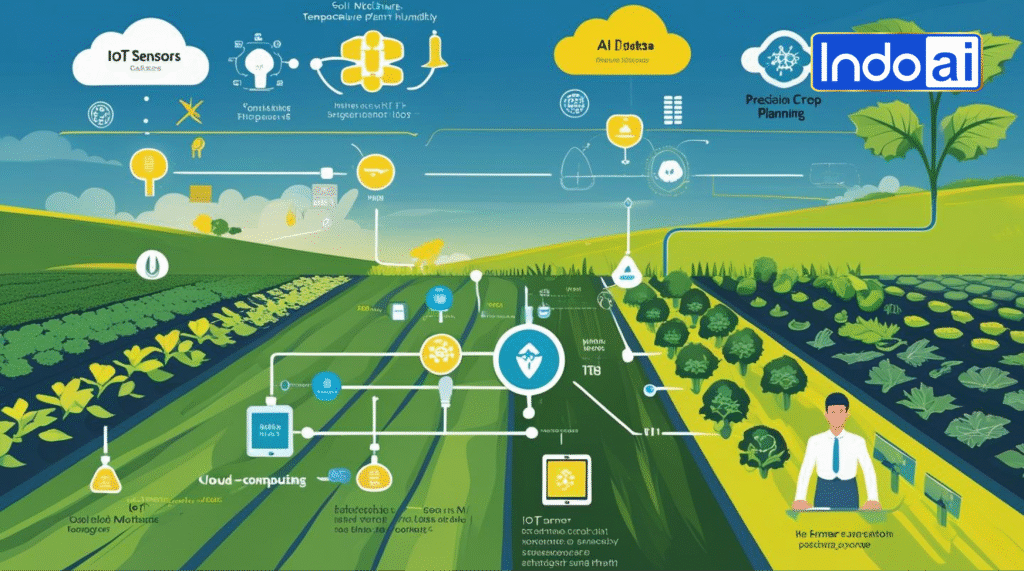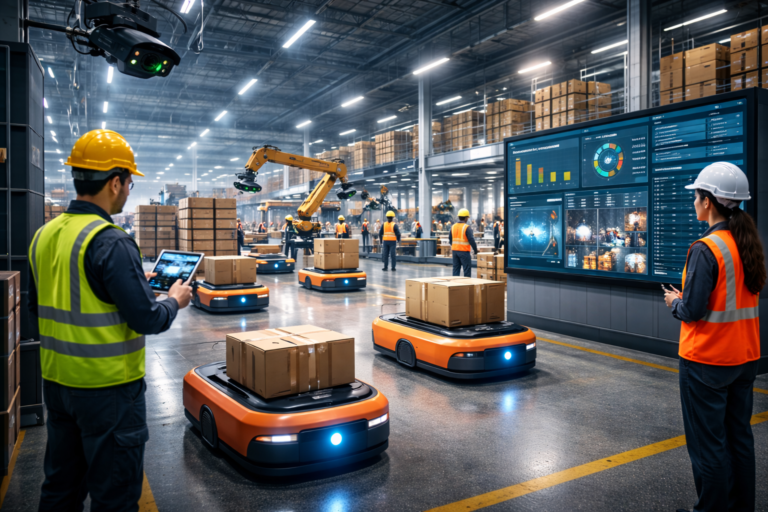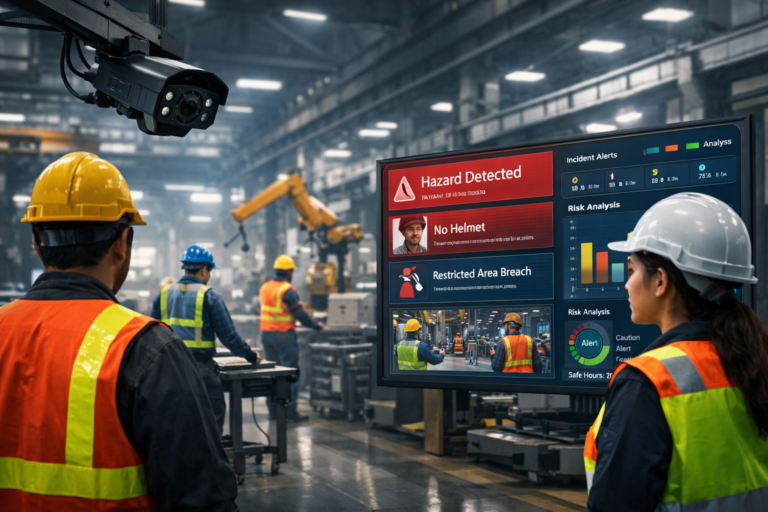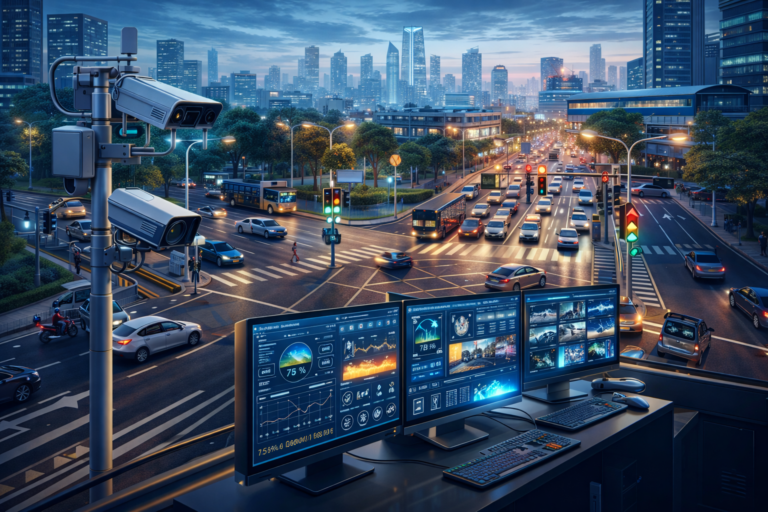The agricultural sector is facing many challenges such as population growth, climate change, and increasing demand for food production. The adoption of the Internet of Things (IoT) and Artificial Intelligence (AI) technologies in agriculture can help farmers to address these challenges. In this article, we will discuss how IoT and AI are revolutionizing agriculture, and the benefits of precision agriculture and sustainability.
IoT And Agriculture

The Internet of Things (IoT) is a network of physical devices that are connected to the internet, allowing them to communicate and exchange data.
In agriculture, IoT can be used to monitor and control various parameters such as temperature, humidity, soil moisture, and light levels.
By collecting and analyzing data from sensors, farmers can make informed decisions about crop management, irrigation, and fertilization.
Precision Agriculture
Precision agriculture is a farming approach that uses technology to optimize crop production and reduce waste.
IoT sensors can be used to monitor soil conditions, weather patterns, and plant growth.
This data can then be analyzed by AI algorithms to provide farmers with insights and recommendations for improving crop yield and quality.
For example, IoT sensors can be used to monitor soil moisture levels, which can help farmers to adjust irrigation levels to optimize water usage.
By using precision agriculture techniques, farmers can reduce water usage and save money, while still maintaining or increasing crop yields.
Sustainability
Sustainability is a crucial factor in agriculture, and IoT and AI can help farmers to implement sustainable farming practices.
By using precision agriculture techniques, farmers can reduce the amount of water, fertilizer, and pesticides that are used in crop production.
This not only reduces costs, but also helps to protect the environment by reducing pollution and minimizing the impact on natural resources.
Furthermore, IoT sensors can be used to monitor weather patterns, allowing farmers to adjust crop management practices to account for climate change.
This can help to reduce crop losses due to extreme weather events, and ensure that crops are produced sustainably over the long-term.
Challenges
While IoT and AI have many benefits for agriculture, there are also some challenges that need to be addressed.
One challenge is the cost of implementing these technologies, which can be a barrier for small-scale farmers.
Another challenge is the complexity of the technology, which may require specialized skills and training.
In addition, there are concerns about data privacy and security, as IoT devices and AI algorithms collect and analyze large amounts of sensitive data.
To address these challenges, it is important to ensure that IoT and AI technologies are accessible, affordable, and easy to use, while also protecting data privacy and security.
Conclusion
IoT and AI are revolutionizing agriculture by providing farmers with new tools to optimize crop production, reduce waste, and implement sustainable farming practices. By using precision agriculture techniques, farmers can increase crop yields, reduce costs, and minimize the impact on the environment.
While there are challenges that need to be addressed, the potential benefits of IoT and AI in agriculture are enormous. As the world faces increasing pressure to produce more food sustainably, IoT and AI are likely to play a key role in shaping the future of agriculture.





